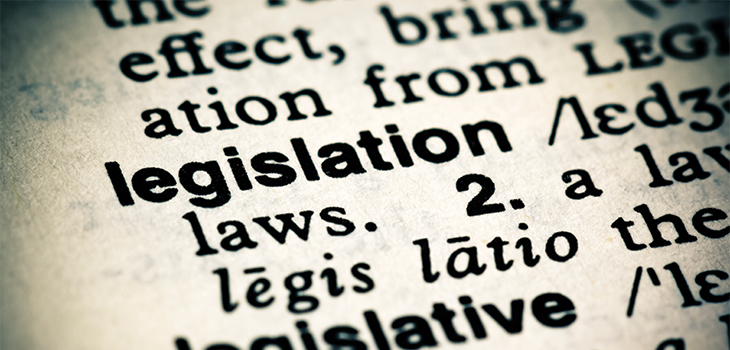
- Joint Human Rights Committee makes serious criticism of the public order provisions in the government’s Police, Crime, Sentencing and Courts Bill.
- Criticism includes a demand to remove the trigger for imposing conditions on processions and assemblies based on the noise and concern that the public nuisance offence may be used to criminalise non-violent protest.
A report of the parliamentary Joint Committee on Human Rights makes serious criticism of the public order provisions in the government’s Police, Crime, Sentencing and Courts Bill (HC 331, HL Paper 23, 22 June 2021).
The powerfully argued and strongly expressed 40-page report of the respected joint committee currently chaired by Baroness (Harriet) Harman, is bound to play a significant role when the Bill’s controversial public order provisions are debated by the House of Lords.
Noise
The joint committee says that the new trigger for imposing conditions on processions and assemblies based on the noise they generate should be








